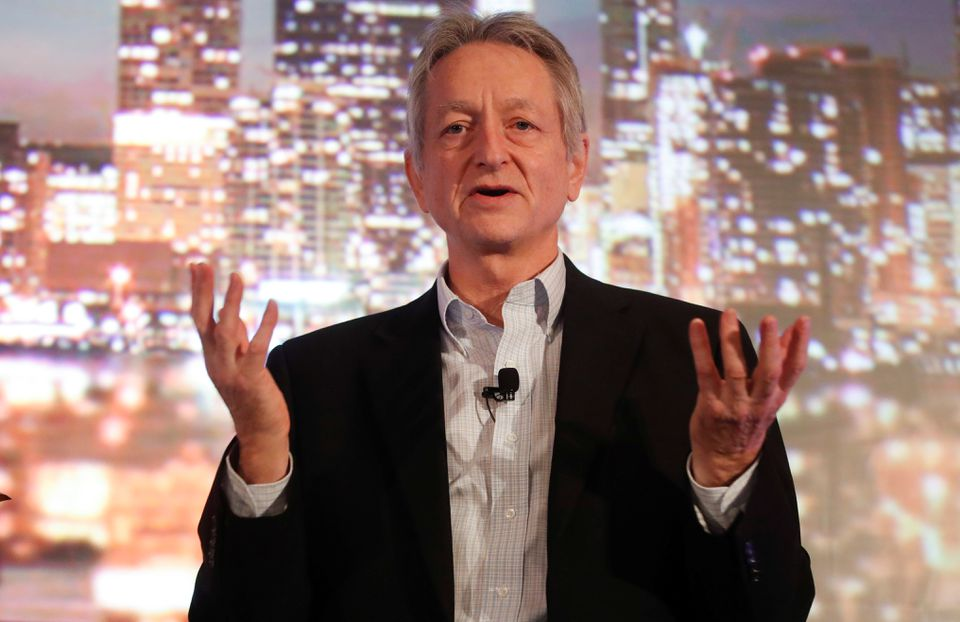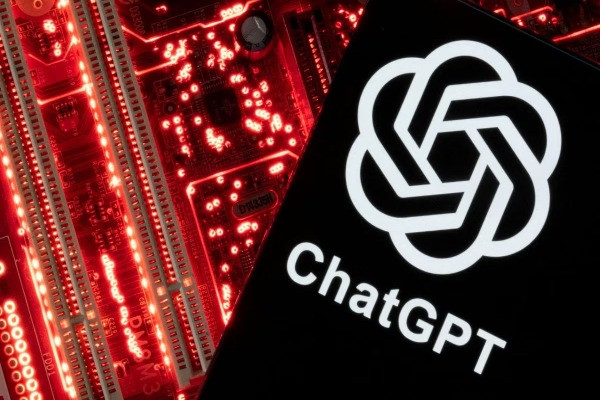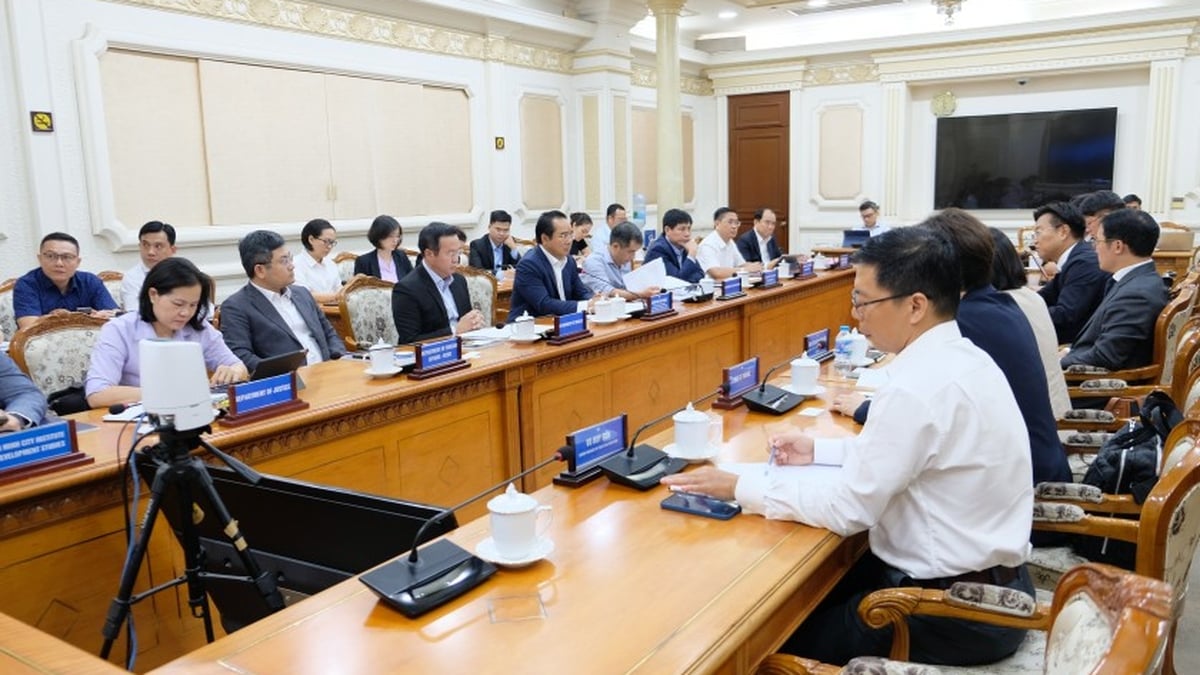Hinton’s pioneering work on neural networks has shaped the artificial intelligence (AI) systems in many products today. He worked part-time at Google for about a decade, but he also grew skeptical about the technology and his role in advancing it.
“I consoled myself with the thought that if I didn’t do it, someone else would,” he told the New York Times, which first reported his decision to leave Google.

In a tweet posted on May 1, he shared that he left Google so that he could freely talk about the risks of AI without having to consider how it would affect the company. “Google has acted very responsibly,” he commented.
Jeff Dean, Google’s chief scientist , praised Hinton for “making fundamental breakthroughs in AI” and expressed gratitude for his decade of service to Google. Dean also emphasized that Google will continue to learn to understand new risks while innovating boldly.
Hinton's decision comes as a growing number of lawmakers, advocacy groups and industry insiders warn about the risks of a new generation of AI chatbots spreading misinformation and replacing human jobs.
The surge of interest in ChatGPT that emerged last year has once again fueled an arms race among tech companies to develop and deploy AI tools. OpenAI, Microsoft, and Google are leading the charge, while IBM, Amazon, Baidu, and Tencent are also working on similar technology.
In March, several prominent figures in the tech world signed an open letter calling on AI labs to halt training their most powerful AI systems for at least six months, citing “profound risks to society and humanity.” The letter came just two weeks after OpenAI announced GPT-4, its most powerful version yet, which can pass standardized tests and build a website from hand-drawn sketches.
In an interview with the New York Times , Hinton reiterated his concerns about AI’s potential to destroy jobs and create a world where many people “won’t know what’s real.” He also pointed to the incredible pace of AI’s development, which has far surpassed what others and he himself had predicted. He once thought it would take 30 to 50 years for AI to become smarter than humans, but he no longer thinks so.
Before leaving Google, he also spoke about the dangers of AI, in addition to the benefits it brings. In 2021, in his commencement speech at the Indian Institute of Technology Bombay, he said that “rapid advances in AI will change society in ways we don’t really understand, and not all of the impacts will be positive.” For him, the possibility of AI creating opportunities for autonomous killer weapons is much more dangerous and terrifying than the prospect of robots taking over humans.
Hinton is not the first Google employee to raise alarms about AI. In July 2022, Google fired an engineer who claimed that one of the company's AI systems was sentient. However, many in the AI community strongly disputed the engineer's claims.
(According to CNN)

Source



















































![[Maritime News] More than 80% of global container shipping capacity is in the hands of MSC and major shipping alliances](https://vphoto.vietnam.vn/thumb/402x226/vietnam/resource/IMAGE/2025/7/16/6b4d586c984b4cbf8c5680352b9eaeb0)













































Comment (0)